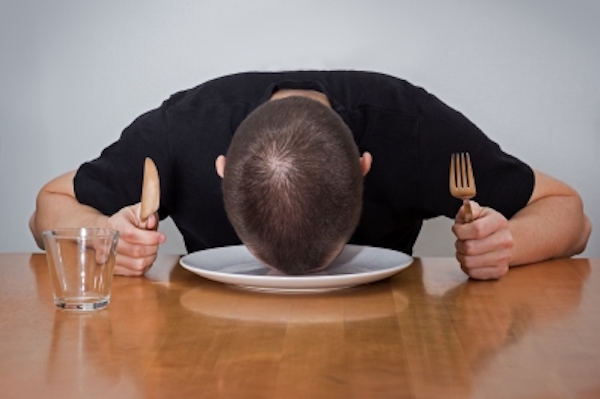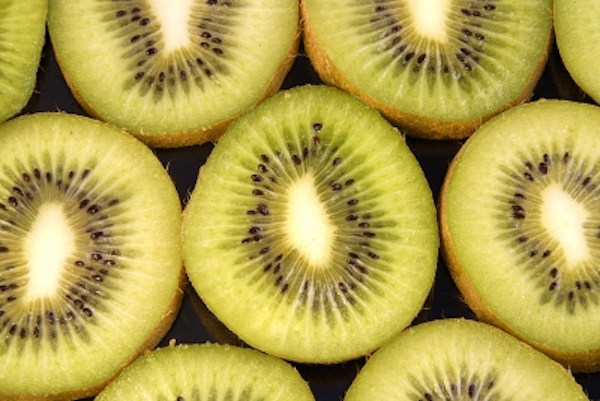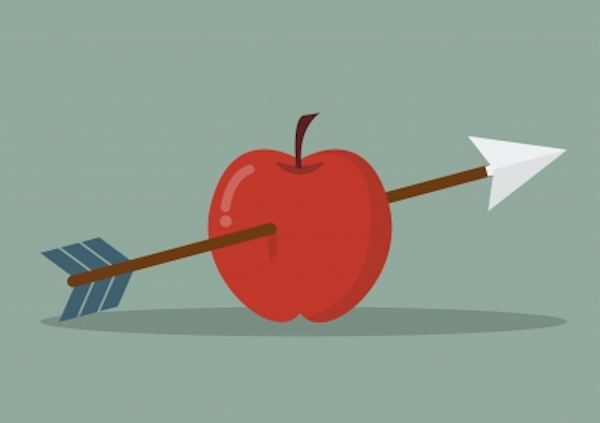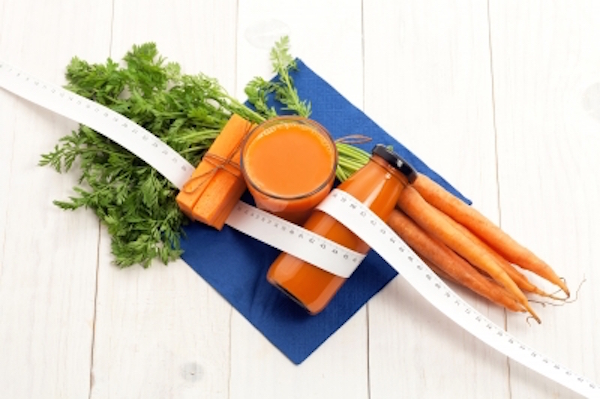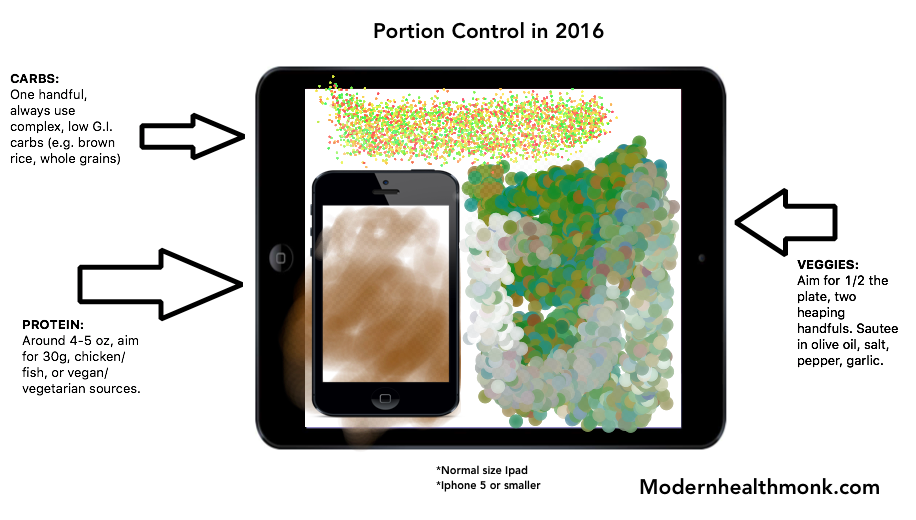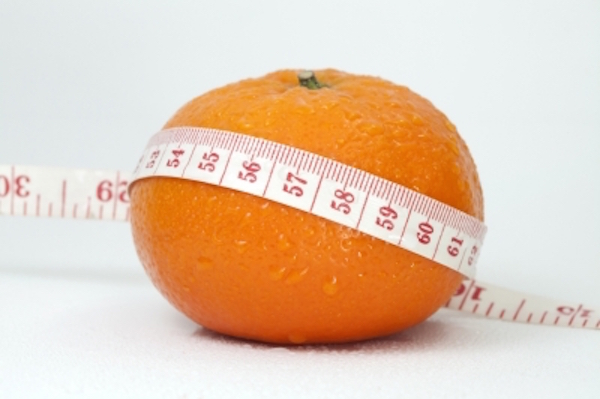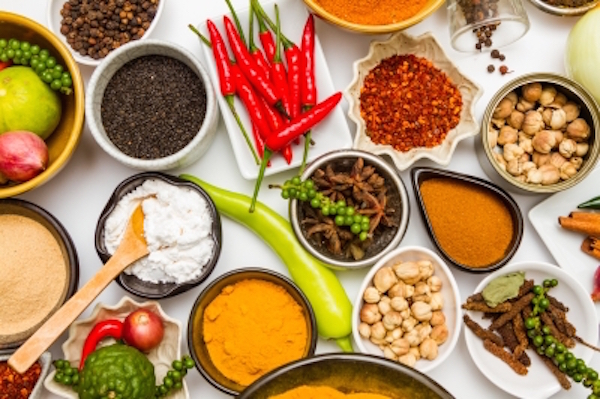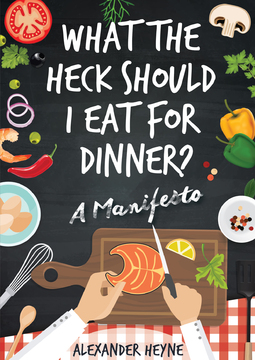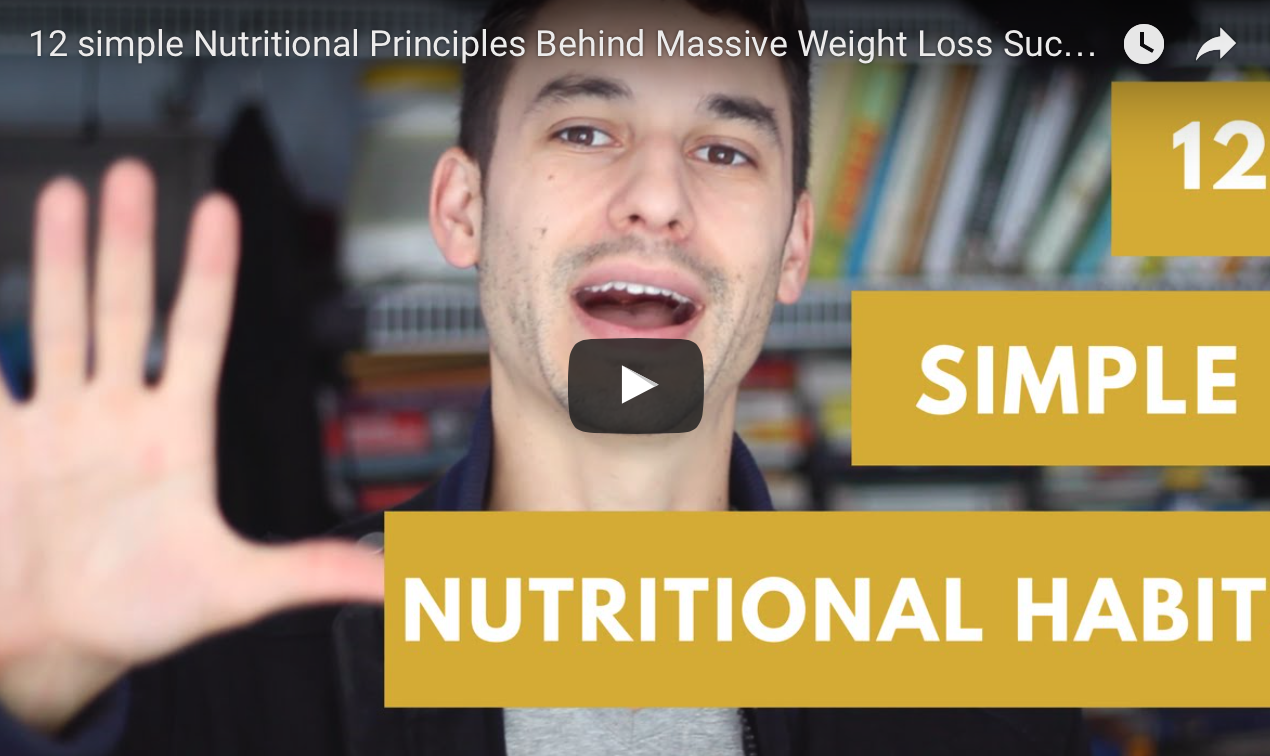
What the Heck Should I Make for Dinner? The 12 Simple Nutritional Principles Behind Weight Loss Success Stories
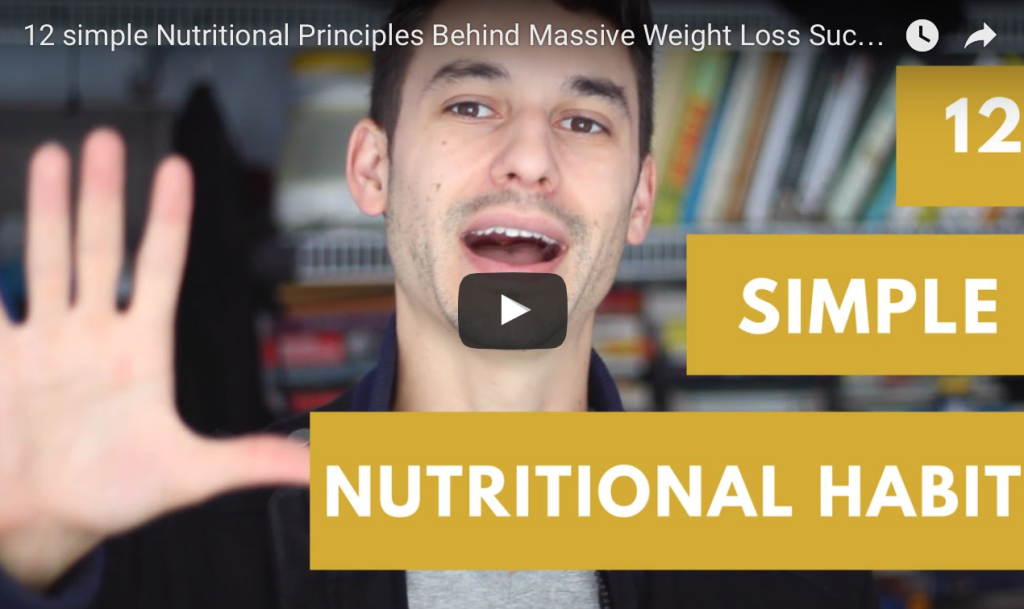
There are truly only a very few number of things you actually need to do to lose weight, live a better life, or, honestly, just feel better.
One of the big things is nutrition.
In particular, I want to share the twelve principles that seem to have worked best for my students and clients.
What Are the Most Important Nutritional Principles to Look and Feel Awesome?
What Really Works (Simple Nutrition)
Exciting news: my newest kindle short What the Heck Should I Make for Dinner? is now live on amazon. If you’d like to know the 12 or so nutritional principles that have helped my most successful students and clients most, you can learn more about it here.
And now, let’s jump in.
Drumroll please….
Simple Nutrition Habit #1: What We Eat for Dinner Has a Special Power
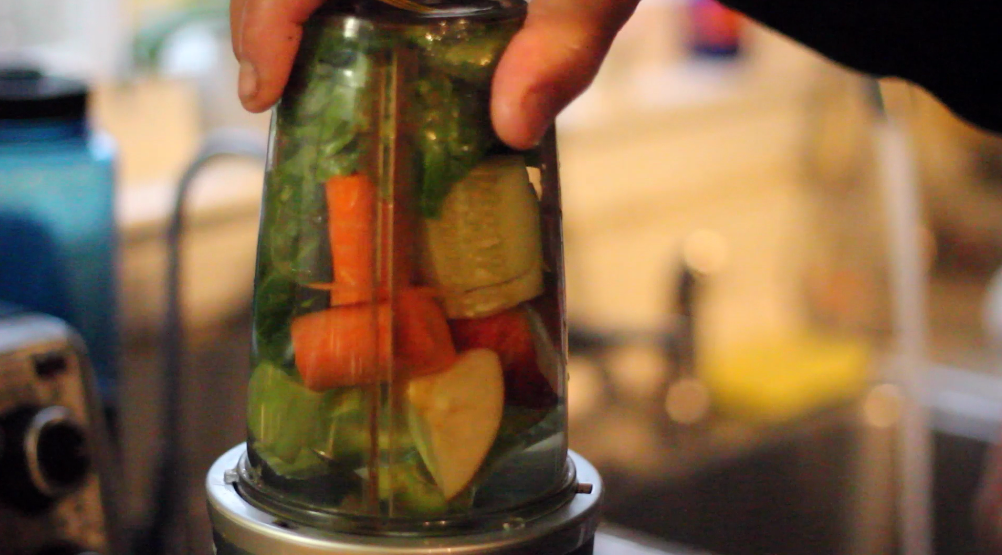
Principle number one sounds strange – what you eat for dinner has a hidden power.
What I find is that one of the simplest nutritional predictors of whether or not someone is healthy or not, is whether they make dinner.
Why?
It shows a certain level of focus, discipline, and effort dedicated to taking the time to be healthy (even after a long work day).
Simple Nutrition Habit #2: Deconstruct Weight Loss
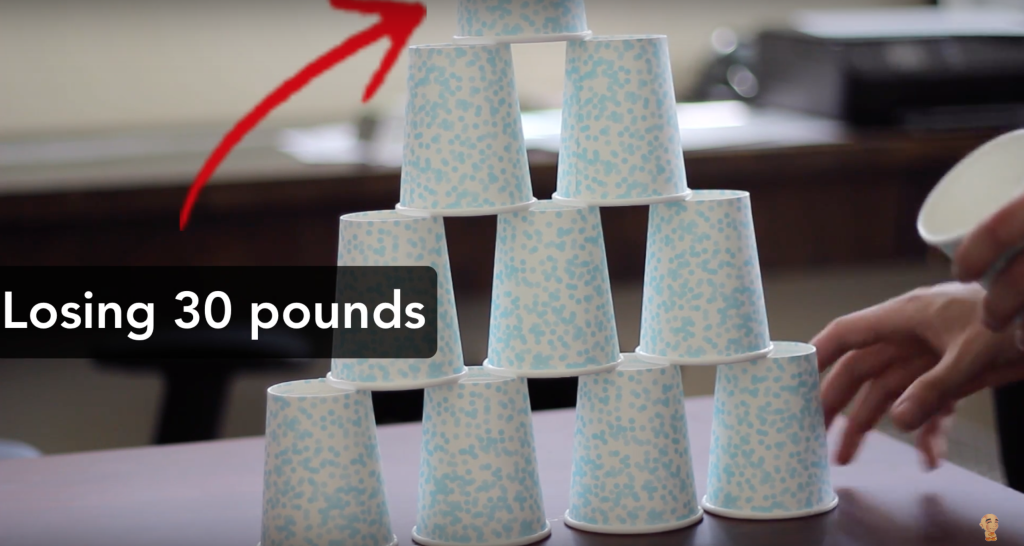
What does this really mean?
Let’s face it, there’s a lot of stuff you could be doing to lose weight – in fact, there are probably hundreds of things that range from diets, to tactics.
But the paradox is that there are only a few things you should be focusing on.
First, what if you broke down weight loss?
What if on one piece of paper you wrote down all the possible things you could do?
All the thousands of thousands of things you could possibly do, and then what if you just circled five and then focused on those?
Simple Nutrition Habit #3: The Weight Loss Industry Lies to You
This is shocking. I know.
Really very surprising.
Most of the stuff we read in tabloids is there because people know we will read it.
I mean they have to sell magazines. There’s nothing wrong with that.
But I hate the level of manipulation that these magazines go into, suggesting a new fat, diet, or pill-popping strategy of the week.
Don’t eat carbs after six. Not real.
All these simple little fad diets like the cookie diet. We know it can’t be true.
We know it can’t possibly work, yet we try it.
What’s the best advice?
The old cliché advice. The cliches are where the truth is.
Eat food you cook.
Eat a little bit less.
Keep sugar moderate.
Eat actual food.
Move more.
Simple Nutrition Habit #4: All Diet-Based Strategies Fail
Habit number four, all diets fail.
Think about that. Really think about that. If your strategy is picking another diet or another plan. you’ve done that 10 times and you’re not getting to where you want to be, it’s not the diet that needs changing. It’s something else.
What is that something?
Simple Nutrition Habit #5: A Simple Framework for What to Eat
Many people email me saying they’re trying “XYZ” plan, and aren’t getting the results that they really want.
Mostly real food, number one, and then number two, if you’ve been doing that for over 100 days and you haven’t been seeing weight loss, then you can email me.
Lots of the time when I work with clients, I find that we often are looking for shortcuts or “revolutionary new advice” rather than just sticking with the time-tested advice that works (but is unsexy).
Here are some more articles on what to eat:
- 4 Of the Most Common (Yet Least Important) Nutritional Questions
- Study: The Simple Nutritional Principles Behind All Successful Weight Loss Diets
- What’s The Healthiest Diet on Earth?
Simple Nutrition Habit #6: When You Eat – And How Many Meals – Don’t Really Matter
When should I eat and how many meals should I eat?
Doesn’t matter.
How many meals should you eat? Also, doesn’t matter.
Check out some of the other articles I’ve written on the topic before (meal timing and meal frequency), and we find an interesting narrative emerge.
We tend to focus on minutiae like “when” we eat, rather than focusing on the big levers – just focusing on eating the right food in the right proportions.
If you can do that, you’re already most of the way to living better.
Simple Nutrition Habit #7: How To Figure Out How Much To Eat
How much should I really be eating?
Well, a thing I’ve talked a lot about here is that if you focus on real food, it’s actually hard to overeat.
I’ve also mentioned the simplest portioning strategy I’ve seen before (for 2016) which is the ipad meal portioning technique.
If you view your (new ipad pro) as a dinner plate, you can begin to gauge how to break up meals.
Putting your (old, small) iphone as the protein size, the remaining half as your veggies, and the remainder on the top as your carbs, you have a healthy, mediterranean meal.
Simple Nutrition Habit #8: Is Counting Calories Really Important?
I’m not a big fan of counting calories, because for the average person counting calories doesn’t work very well.
Of course counting works – for reaching any goal in life.
But is it sustainable with counting calories?
For you, if it is, do it. If it’s not, then don’t.
Personally I tend to find more “intuitive” ways to work with my clients about portioning their meals, because it’s much more practical.
Simple Nutrition Habit #9: Just One Habit Can Help Kickstart Everything
If you think it requires a massive amount of complexity and strategy to get fit, look at my student Shannon who finally got down to her pre-pregnancy weight.
She hadn’t been there in 10 years, and it wasn’t a matter of finding the world’s most complex workout plan – she and her husband cultivated one habit. They didn’t exercise. They didn’t do all these crazy fads they saw other people doing.
They just cooked one day per week in bulk.
As a result, she and her husband lost over 70 pounds (maybe more at this point).
If there’s one habit you take away from this – start making dinner one day a week, even if it’s in bulk.
Simple Nutrition Habit #10: Making Dinner Can Be Easy, and Painless
Okay… so I should cook dinner.
But…
Before the “but” comes up, dinner does not have to be painless, tasteless, time-consuming, and expensive.
Every Sunday, when I get home I cook 1-2 pounds of chicken, two cups of brown rice, and then I cook a wok full of veggies – literally as many as I can stuff in there.
And that right there makes up at least four meals, which is enough for two lunches and two dinners for me.
That strategy alone short circuits so much of the bad eating habits that get us in trouble.
And that strategy is so simple – it’s something you can do in less than an hour – and you can do it while watching TV, or going through your favorite show on Netflix.
So, what are you waiting for?
Simple Nutrition Habit #11: Change Yourself… Not Your Diet
One “off topic” piece of nutritional advice that has made a lasting change in my own life is to change myself – rather than the diet.
It sounds obvious, but we sometimes live life in reverse. We get another diet, knowing we don’t have the discipline to follow through with it.
And then we get mad – this plan didn’t work, that plan was too restrictive for me, this other meal plan had bland, tasteless food.
Well, often what needs changing is us, and not our plan.
Maybe next time, I need to figure out a way to improve my ability to stick with habits, or be disciplined, or figure out how I can stick with a game plan.
If consistency is my weakness, then that’s what I need to be focusing on. I don’t need to look for a new coach, book or diet, but instead need to look for new habits to improve myself.
Whatever character trait is preventing success is more important to address than whatever plan we think isn’t working for us.
Simple Nutrition Habit #12: Follow the Oracle’s Advice

“Know Thyself” was a maxim inscribed at the Temple of Apollo at Delphi
Know thyself?
How is that a nutritional commandment?
It’s impossible to simply give a person nutritional advice and assume they’ll have no problem getting the results they want.
Knowing yourself all comes down to knowing that certain things cause you problems – like cravings, or not eating the right kind of food.
Or knowing that eating a certain kind of food regularly is a weakness (like eating more veggies).
Knowing yourself comes down to knowing your weaknesses and your strengths.
If there’s something you’re really good at, like exercising or going to yoga classes, then double down on it.
And if you realize there’s something you’re really struggling with (like dealing with cravings late at night), then maybe you need to create strategies to double down on that in particular.
Ultimately, this idea is also critical for one reason: in a world with a thousand things you could possibly work on, it helps show you specifically what to work on.
My Newest Mini-Kindle Book is Now Available
One of the oldest questions in the book is, “what should I really be eating to lose weight and feel better?”
I used to give students and clients a breakdown of how certain approaches were different, but then I realized something.
What if I just could give them the 12 principles that worked the best in my experience for my clients and students?
So I did.
That’s what my latest kindle mini-book is about: What the Heck Should I Eat For Dinner.


